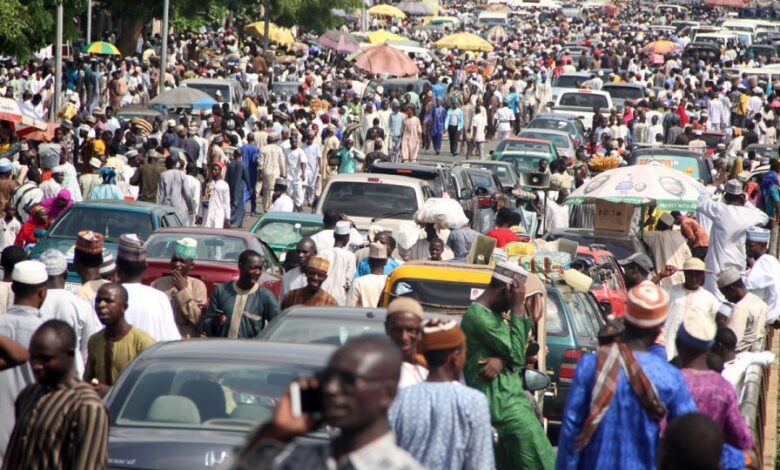Report Warns Of Potential Food Crisis For 33 Million Nigerians By 2025

A new report by the Cadre Harmonisé (CH) has raised alarms about an impending food and nutrition crisis expected to affect at least 33.1 million people across 26 Nigerian states and the Federal Capital Territory (FCT) from June to August 2025. Conducted by a coalition of agencies, including the UN Food and Agriculture Organisation (FAO), the World Food Programme, and Nigeria’s Federal Ministry of Agriculture and Food Security, the report outlines a bleak outlook, driven by economic instability, climate disasters, and insecurity.
Among the most affected states are Sokoto, Zamfara, Borno, and Adamawa—regions already grappling with high levels of food insecurity, exacerbated by conflict and displacement. In Borno, Sokoto, and Zamfara alone, the report highlights over 500,000 internally displaced persons (IDPs) facing food crises. Additionally, states such as Katsina, Plateau, and Benue, along with the southern states of Cross River, Lagos, and Rivers, are experiencing rising food shortages, impacting millions of vulnerable households.
FAO’s representative in Nigeria, Kouacou Koffy, urged immediate and collective action to tackle the country’s growing food insecurity. Koffy pointed to a “combination of shocks,” including high prices of staple foods, flooding, drought, and ongoing conflicts, all of which have destabilized food production and supply chains. These challenges have led to surging food costs, putting basic nutrition further out of reach for struggling families.
The CH analysis, renowned for its reliability in early warning and food security assessment, provides critical data to inform Nigeria’s food security strategies. By identifying populations most at risk, the CH workshops aim to develop targeted interventions that mitigate hunger and reduce suffering. According to CH Focal Person Balama Dauda, the food crisis is primarily fueled by high food prices, worsening climate impacts, and persistent security issues in many rural areas.
Temitope Fashedemi, Permanent Secretary of the Ministry of Agriculture and Food Security, expressed the government’s commitment to addressing these issues, promising to use the report’s findings to guide food and nutrition policies. However, implementing sustainable solutions will require collaborative efforts across federal, state, and local governments, as well as increased support from international partners.
As the country moves closer to the 2025 crisis period, Nigeria faces an urgent need to prioritize agriculture and food security. Addressing food price inflation, strengthening climate resilience, and improving safety in agricultural regions are vital steps toward stabilizing the situation. Without coordinated efforts and decisive action, millions of Nigerians risk severe food insecurity, threatening livelihoods and the nation’s overall stability.



